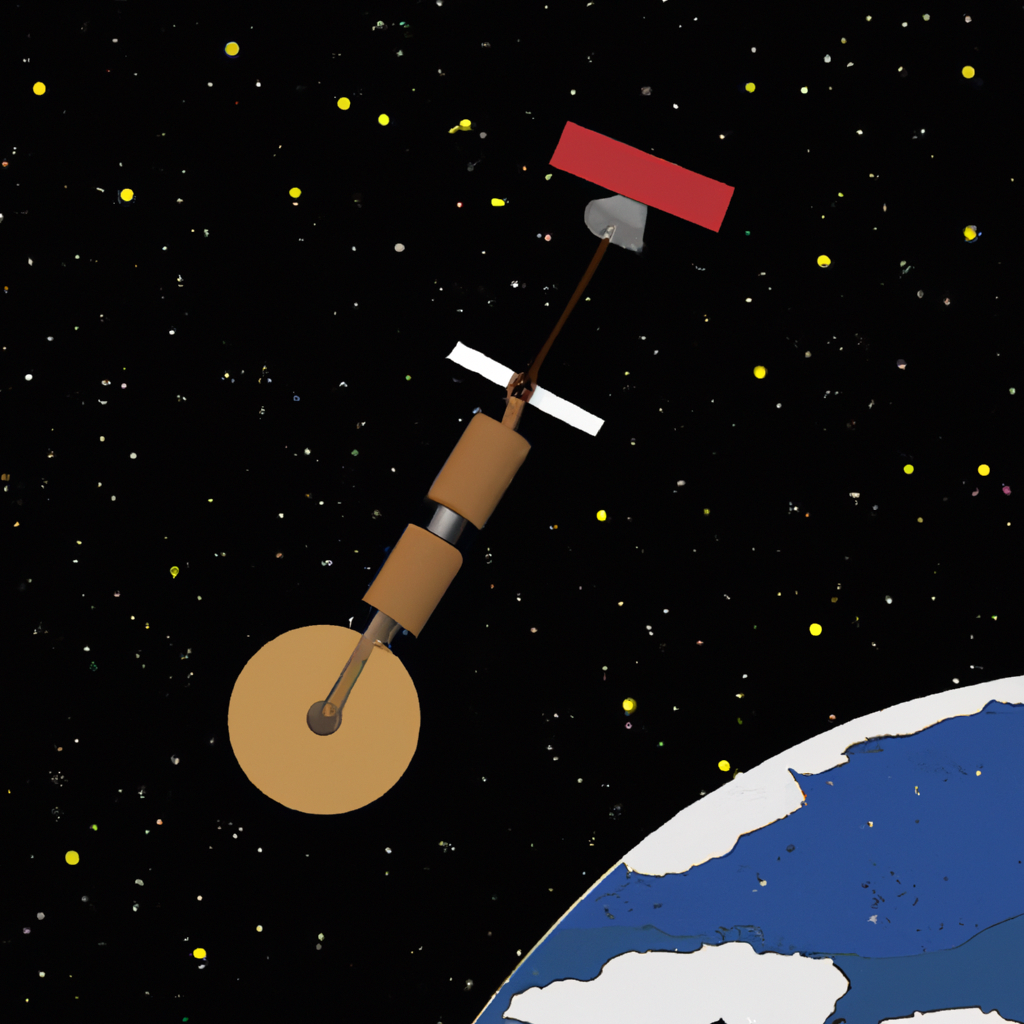
World’s First Wooden Satellite Launched into Space
The world’s first wooden satellite, known as LignoSat, was successfully launched into space on Tuesday, November 5, 2024. The spacecraft, designed by Japanese specialists, was launched aboard a SpaceX rocket as part of a resupply mission to the International Space Station (ISS).
Details of the Wooden Satellite
LignoSat, resembling a 10 centimeters (4 inches) wooden cube, was launched from the Kennedy Space Center in Florida by the US space agency NASA. The launch was confirmed to be successful by a spokesperson for LignoSat co-developer Sumitomo Forestry.
Scientists believe that the wooden satellite should burn without producing the usual metallic particles when it re-enters the atmosphere. These metallic particles can negatively impact the environment and telecommunications when satellites fall back to Earth.
Testing Strength and Durability in Space
LignoSat was installed in a special container prepared by the Japan Aerospace Exploration Agency (JAXA). The satellite is expected to arrive at the ISS soon and will be sent into space approximately a month later to test its strength and durability.
Data will be transmitted from the satellite to scientists on Earth, who will check for signs of deformation and determine whether it can withstand extreme temperature changes. Takao Doi, an astronaut and professor at Kyoto University, suggested that non-metallic satellites should become more widespread.
The Mission’s Goal
LignoSat, built from magnolia wood, is designed to withstand extreme temperatures and space radiation. The mission’s goal is to demonstrate the cosmic potential of renewable materials, especially at a time when humans are exploring the possibility of living in space.
Scientists explain that the wooden satellite reduces its environmental impact at the end of its lifecycle. Wood is more sustainable in space than on Earth because there is no water or oxygen to cause rotting or ignition.
Conclusion
This innovative project marks a significant step in sustainable space exploration. By utilizing renewable materials such as wood, the impact on the environment can be reduced. The successful launch and future testing of LignoSat could open the door to further developments in this field.




